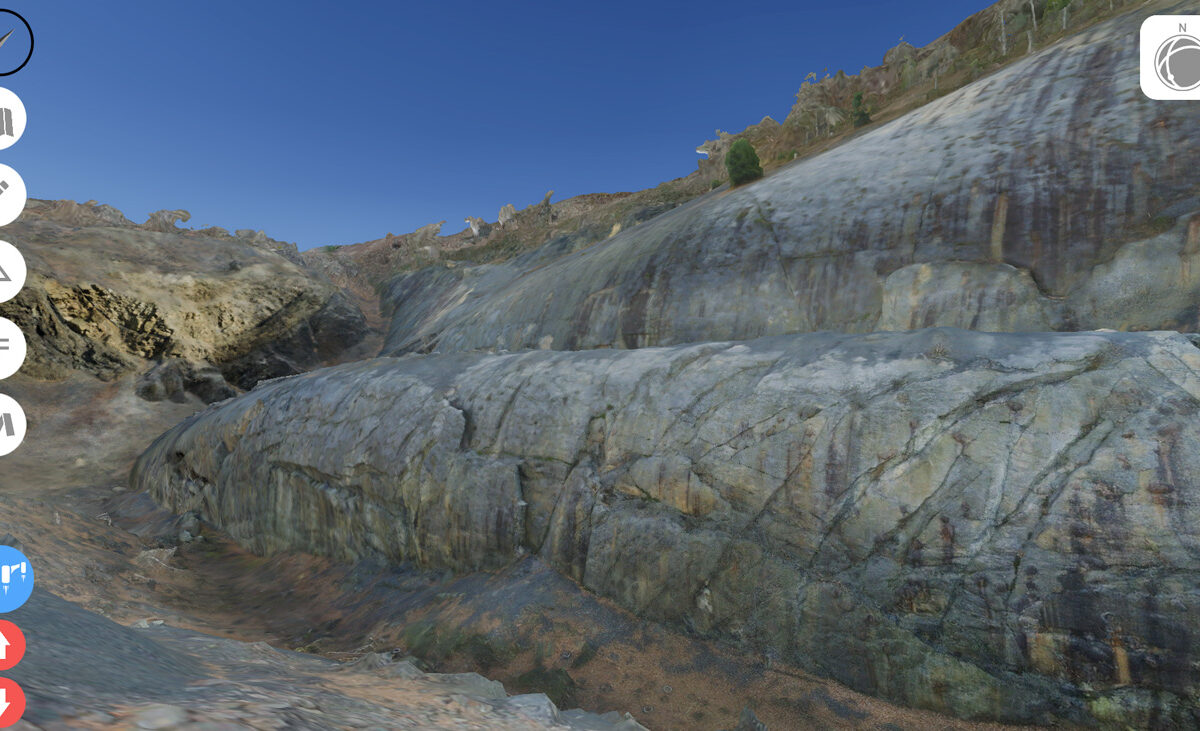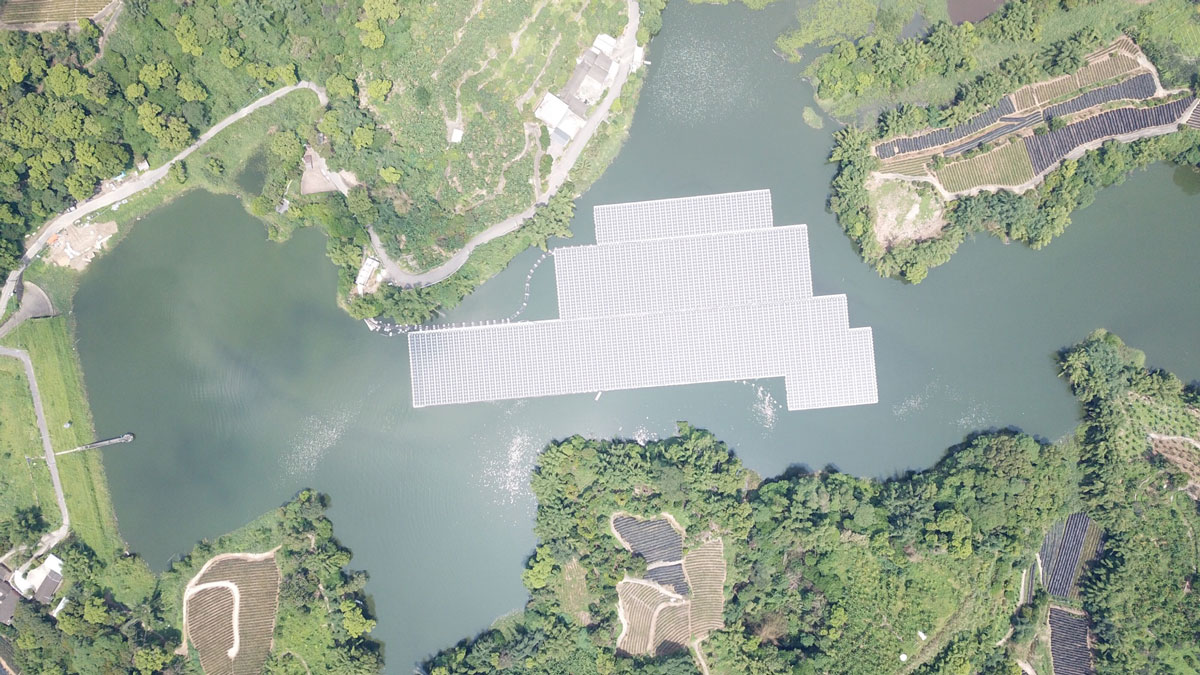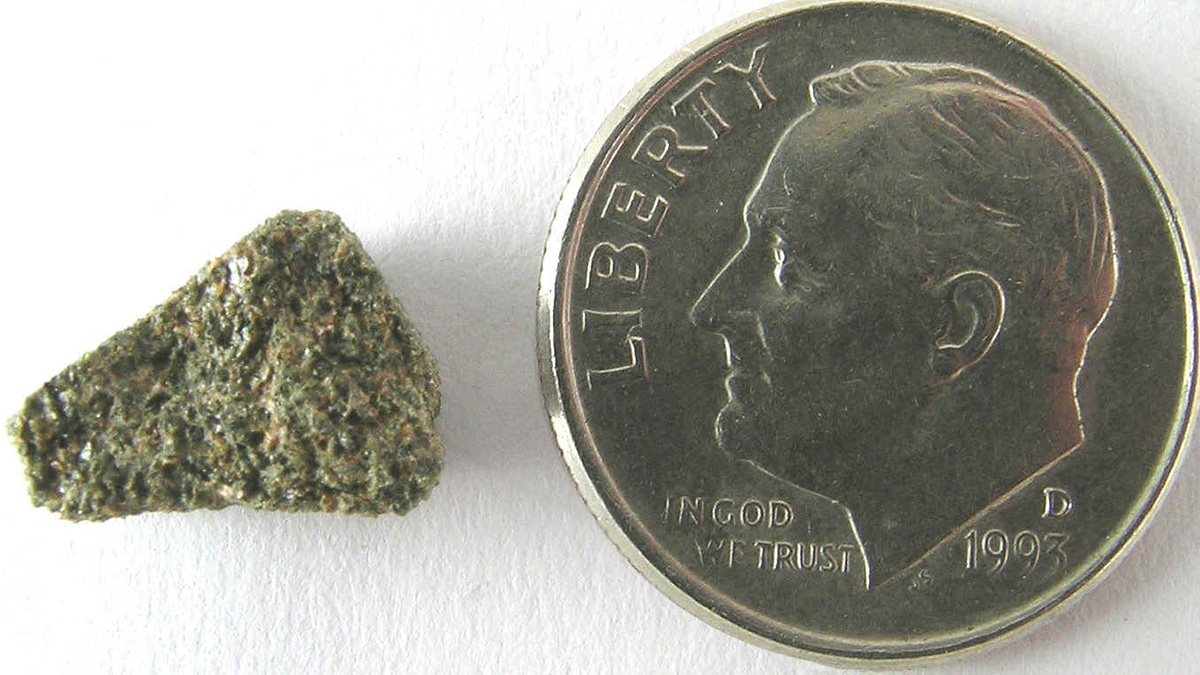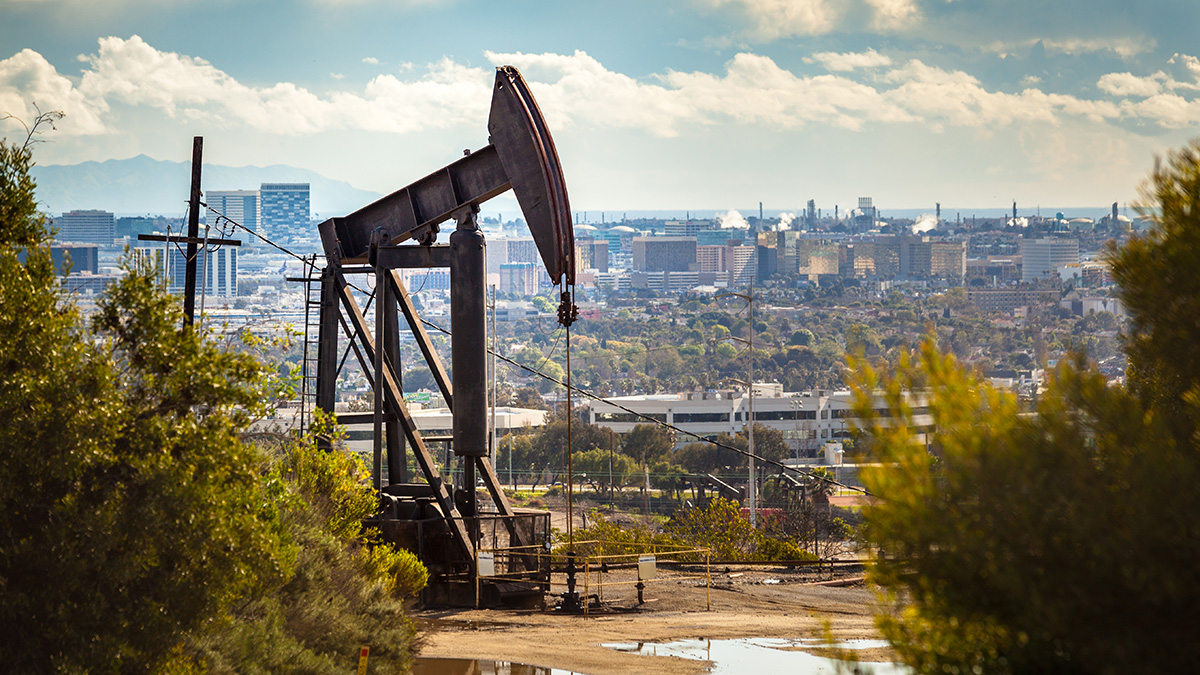Geologists are harnessing a game engine to build environments for teaching and learning.
ENGAGE
Deep-Sea Pressure Crushes Carbon Cycling
The extreme pressure in the deep sea stifles microbes’ appetite for organic carbon. This finding could have important implications for carbon budgets and geoengineering.
New Crowdsourced Science Project Will Study Sprites
The NASA-funded project is asking sky gazers, storm chasers, and scientists to capture photos of sprites and other optical phenomena that flash above thunderclouds after a lightning strike.
Were Impressionist Masters Painting a Polluted Reality?
Image analysis suggests that artists’ styles evolved in sync with increasing air pollution during the Industrial Revolution.
Could Floating Solar Panels Help Mitigate Climate Change?
“Floatovoltaics” are an emerging technology, but their environmental impacts are still unknown.
Glacial Ice Offers Polar Bears a Precarious Climate Refuge
An isolated polar bear population in southeastern Greenland survives in fjords, despite spotty sea ice. But this pocket of bears is not a sign of how the species could be saved.
Martian Meteorites Offer a Tantalizing Glimpse of the Red Planet
By studying these literal chunks of Mars, scientists are learning more about the Red Planet’s deep interior and impact history.
How Climate Change Is Affecting Women in the Amazon
Droughts and floods have radically altered family farming, but women leaders are finding solutions for themselves and their communities.
The “Black Gold” Flowing Under Los Angeles
Functioning oil fields, some with cleverly camouflaged infrastructure, are tucked into the urban sprawl of the Los Angeles basin. But recent legislation could change that.
Una explosión de radiocarbono del pasado
El fechamiento por radiocarbono es un pilar de la climatología y la arqueología. Sin embargo, esta metodología se encuentra amenazada por las emisiones de combustibles fósiles, que invalidan una señal útil proveniente de pruebas nucleares.










